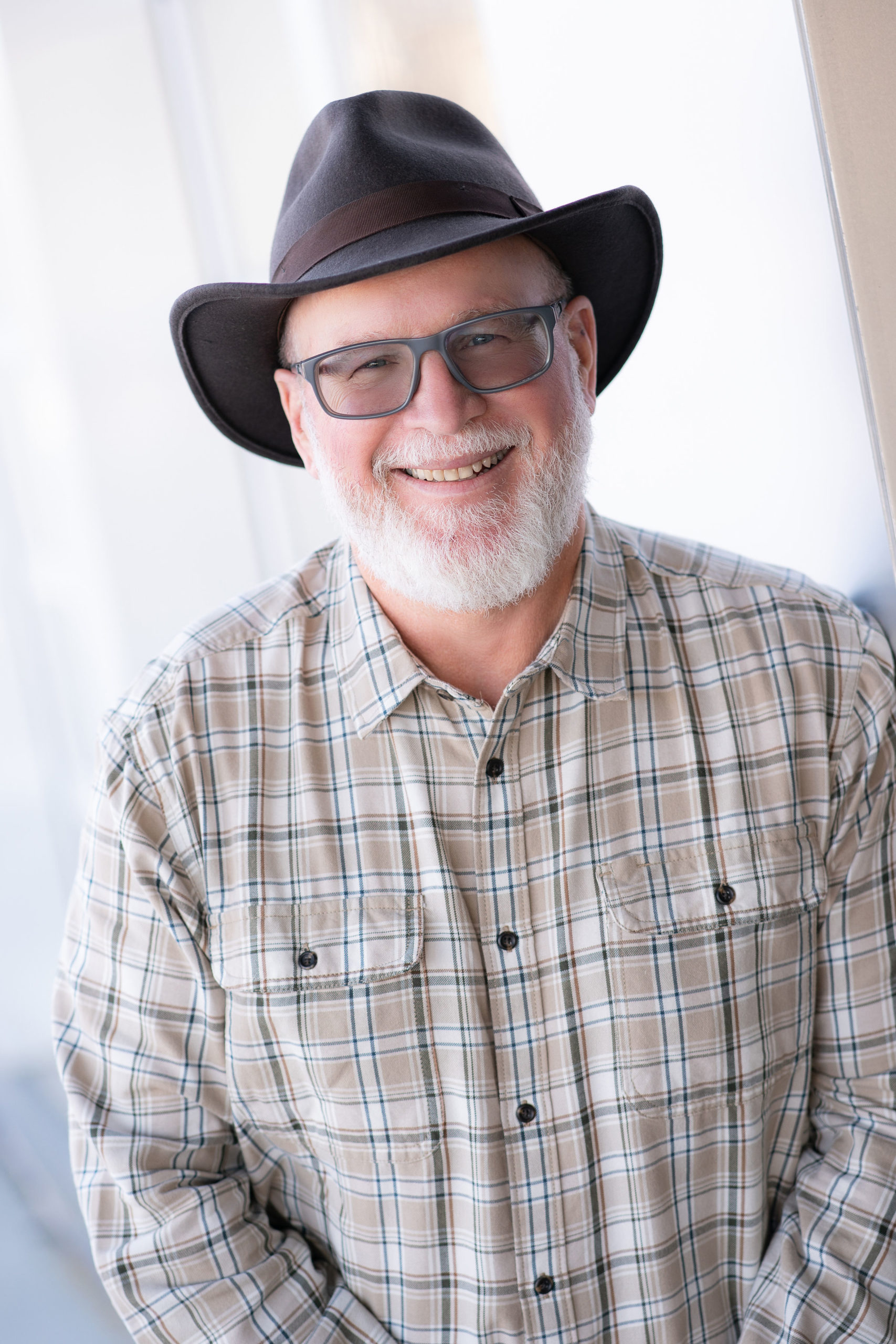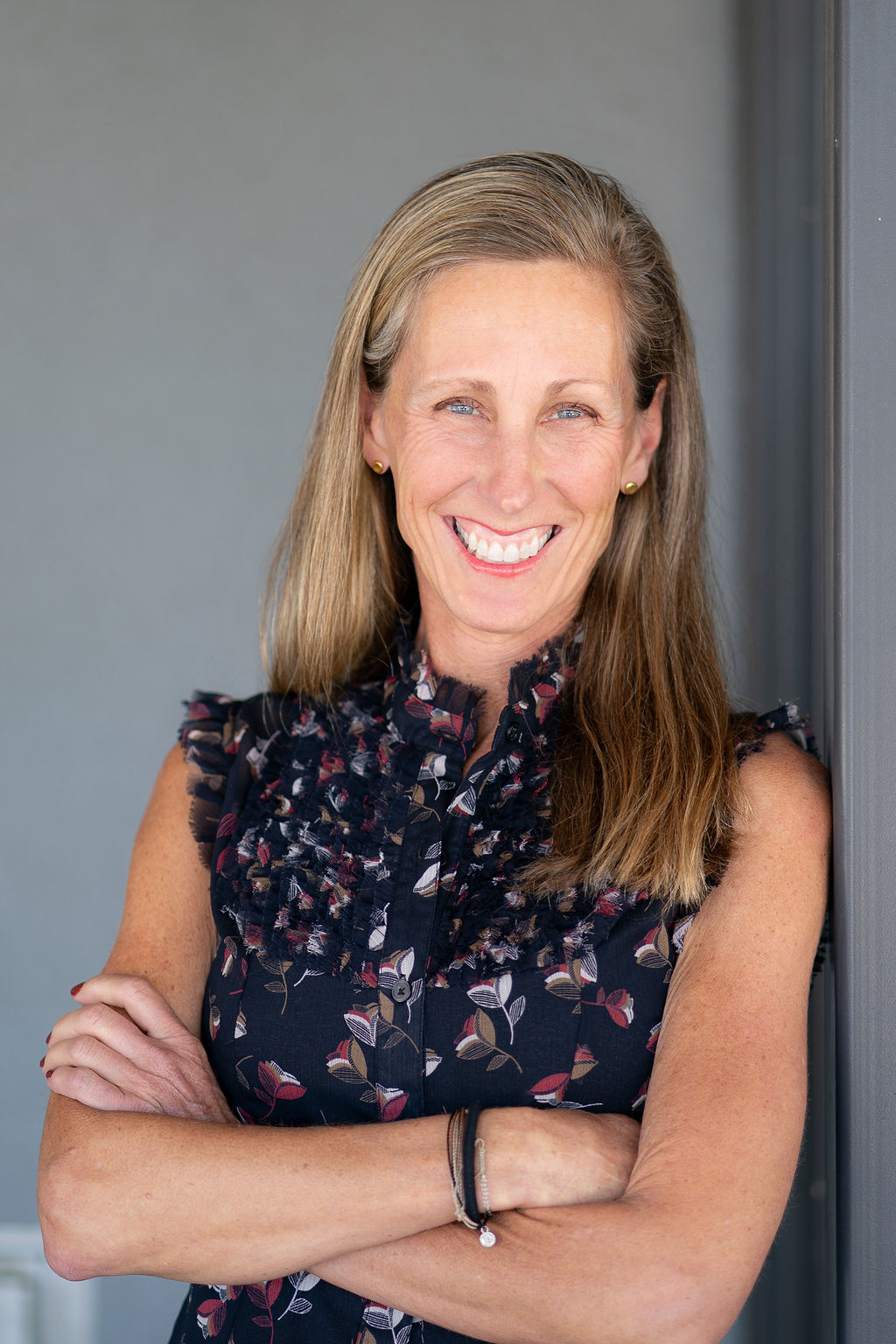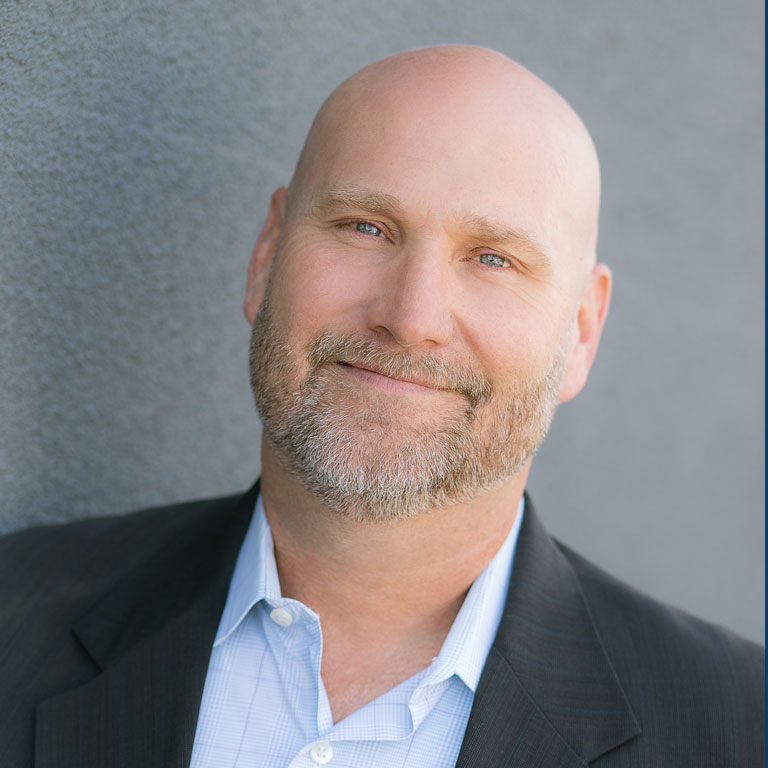Rural Superintendent Academy

Advancing the superintendent role in rural districts to include skilled technical systems expertise, leadership in economic and talent development, and an engaging, inclusive mindset.
Applications Open! Join a Community of School District Leaders and Shape the Future of Colorado Public Education
Are you a new, experienced, or aspiring rural superintendent looking to build your leadership skills? CEI is now accepting applications for its fifth cohort of the Rural Superintendent Academy (RSA).
Made possible with support from the Boettcher Foundation, RSA prepares fellows to build adaptive and responsive relationships among students, families, communities, school boards, and staff as they collectively pursue long-term success and sustainability for their districts and communities.
Scroll down to learn more about RSA.
Applications for RSA Cohort 5 close April 15, 2025.
Submit Your Application Here
Have Questions? Contact George Welsh at gwelsh@coloradoedinitiative.org, Alex Carter at acarter@coloradoedinitiative.org, or Karen Quanbeck at kquanbeck@coloradoedinitiative.org.
CEI launched the Rural Superintendent Academy (RSA) in partnership with George Welsh, a 25-year veteran superintendent with extensive experience in rural settings, and the Boettcher Foundation.
The challenges faced by rural districts are unique, and the superintendent role can be reframed not just as that of an effective system leader, but also as a driver of economic supports, staff and student talent development, and as a torch-bearer for effective, inclusive community leadership.
Meet the 2024
Rural Superintendent
Academy Cohort
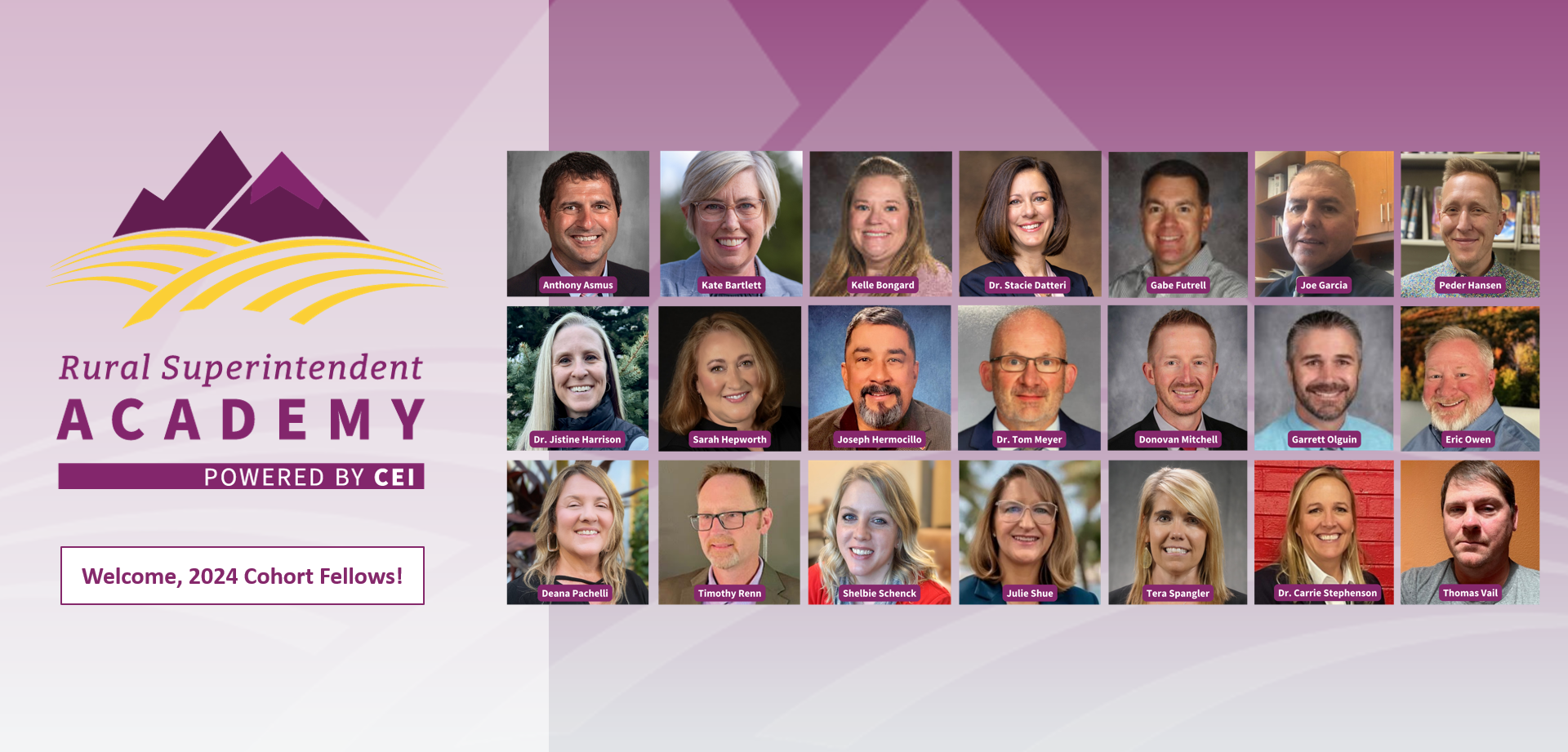
The RSA will prepare this group of Colorado education leaders to deepen their leadership abilities, and prepare for the dynamics associated with relationships among students and families, community, the school board, and staff members. The RSA program is designed to serve as a best practice, pragmatic approach to maximizing district and community stewardship, and is steeped in the belief that exceptional leadership is critical to the long-term success of rural communities.
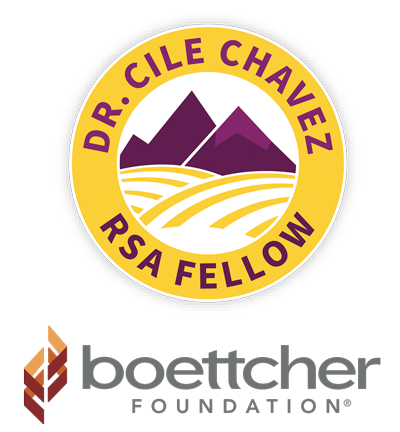
Dr. Cile Chavez Fellowship
In recognition of Dr. Cile Chavez, an education thought leader and retired superintendent, the Boettcher Foundation provides support for two members of each RSA cohort.
The fellowship is intended to inspire diverse, under-represented education leaders to join the RSA and bring their unique perspectives to the helm of Colorado districts. Applicants selected to participate as Dr. Cile Chavez fellows will receive financial assistance for costs related to participation in the RSA program.
What RSA Is | What RSA Does | How RSA Works | Who RSA is For
What RSA is:
- A best practice, practical, real-world, pragmatic approach to improving school district stewardship in a systematic way.
What RSA does:
- Identifies, develops, and solidifies the competencies an expert rural superintendent of schools must exhibit in the course of their work.
- Develops the skills needed to facilitate effective school governance and grow leadership capacity to implement forward-thinking educational opportunities for students.
How RSA does this:
- By establishing a cohesive, relationship-based, professional network through which key leadership competencies are coached, experienced, and mastered.
- Active participant engagement including field visits and focused activities.
- Quarterly RSA convenings
- Visits to cohort member districts to learn and engage in their work
- Creating and personalizing board-superintendent communications norms
- Developing a role-specific professional evaluation process
- Creating or updating a district-specific vision, mission, core beliefs, and graduate profile
- Creating a detailed process by which to measure progress toward the district’s stated outcomes
- Growing a skillset to effectively communicate progress toward the district’s stated outcomes
- Establishing dynamic relationships with colleagues, ensuring mutual support in the future
Who makes a good candidate:
- Existing rural superintendents who would like to increase their community impact
- District administrators who are considering advancing their leadership journey
When I began my tenure as superintendent of Montezuma-Cortez school district, I had many years of experience as a public-school teacher and school leader, and I had completed my coursework to earn a masters and doctorate in educational leadership. However, it soon became apparent that I was not completely prepared for the work I was asked to do as superintendent; I don’t think I was entirely effective until I had done the job for two or three years! If only the Rural Superintendent Academy had been around then, I might have dramatically shortened the learning curve and accelerated my positive impact on the community I served.
–Alex Carter
Vice President-Implementation, CEI

